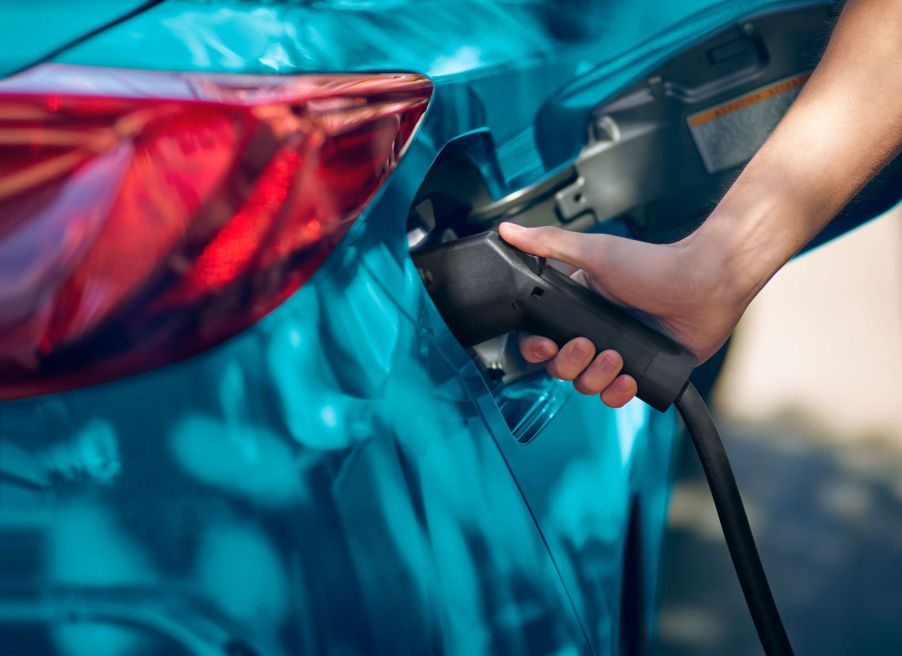
3 Questions to Help Discover if a Plug-in Hybrid Is Right for You
Are you in the market for a new car but wondering if a plug-in hybrid electric vehicle (PHEV) is the right choice for you? If so, there are three key questions you should ask yourself to help make the decision. Here we will explore these three questions to help discover if a plug-in hybrid is right for you.
The benefits of plug-in hybrid electric vehicles (PHEVs)
As the name suggests, plug-in hybrids are hybrid cars that combine an electric motor, a battery, and a gas engine. Like other hybrids, PHEVs have been around for a while, and with good reason. They offer numerous benefits over traditional gasoline-powered cars. Some of the main benefits of hybrids include the following:
- Lower emissions – Hybrids produce far fewer emissions than conventional cars, which is excellent for the environment.
- Better fuel economy – Hybrids get better gas mileage than traditional cars, saving you money at the pump.
- Reduced wear and tear on your engine – The hybrid system takes some of the work of your engine, which can result in longer engine life.
A hybrid might be right for you if you are looking for an environmentally friendly, efficient, and easy-on-your-engine car. So, what if you are considering a plug-in hybrid? How do you know if it’s the right choice for you?
1. Do you have a short and regular commute?
Unlike conventional hybrids and pure EVs, PHEVs typically have electric ranges between 20 to 40 miles per charge before they revert to their regular hybrid operation. This range is especially advantageous to PHEVs owners, considering the average American drives less than 40 miles daily. With it, you can do most of your daily travel using electric power while reserving your gas power for longer trips.
Although the Environmental Protection Agency estimates that a plug-in hybrid costs $4,000 to $8,000 more than a non-plug-in hybrid, you will make up the difference at the pump in the long run. Additionally, those who travel short and regular distances and plug in the car will save more money since driving on electricity costs less than gasoline.
2. Do you drive long distances often?
While plug-in hybrids have electric ranges between 20 to 40 miles, the car reverts to its regular hybrid operation when its electric power is used. So a PHEV might not be your best choice if you regularly drive long distances. If you choose a PHEV, plan your trips and take advantage of charging stations along the way to save on gas.
Never get too excited by the MPGe rating (miles per gallon equivalent) touted in advertisements and printed on your PHEV’s window sticker. Chances are, in the real world, your mileage will vary greatly. Customer Reports finds that, on average, PHEVs fuel consumption in real-world usage is typically higher, more than twice as much as EPA estimates.
3. Are you going to plug it in?

This question may seem obvious, but it is important to consider nonetheless. Some PHEVs get worse mileage than conventional cars when not plugged in. Therefore, if you are not planning to take advantage of the electric capabilities of your vehicle, you might be better off with a traditional hybrid or gasoline-powered car. However, if you plan to plug in your vehicle, ensure you have access to a home charging station. Once a charger is installed, you can use lower electricity rates by charging your car at night.
There are many PHEV options available on the market today. Some of the most popular include the Toyota RAV4 Prime, the Jeep Wrangler 4xe, and the Mitsubishi Outlander PHEV. If you are considering a plug-in hybrid, make sure to explore your options!


